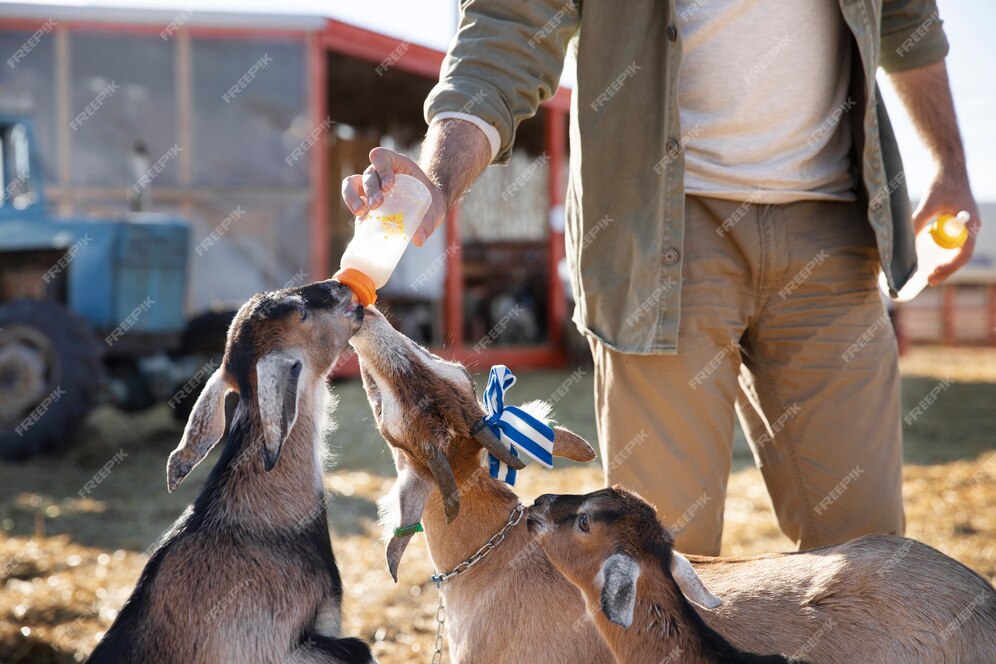Namibia, a country known for its rich biodiversity and vast landscapes, has a thriving agricultural sector that heavily relies on animal products. The production and export of animal products not only contribute significantly to the country’s economy but also play a crucial role in providing employment opportunities and supporting rural livelihoods. In this blog, we will explore how animal products contribute to Namibia’s economy and highlight their importance in driving sustainable development.
Livestock Production:
Livestock production, including cattle, sheep, goats, and poultry, is a major contributor to Namibia’s economy. The country’s vast rangelands and favorable climatic conditions provide ideal conditions for grazing animals. Livestock farming supports a significant number of small-scale farmers and pastoral communities, particularly in rural areas. The sale of livestock and related products, such as meat, milk, and eggs, generates income for farmers, stimulates local economies, and contributes to the Gross Domestic Product (GDP) of the country.
Employment Opportunities:
Animal product industries in Namibia provide numerous employment opportunities, both directly and indirectly. From herders and livestock farmers to meat processors, veterinarians, and transporters, a wide range of individuals are involved in the production, processing, and distribution of animal products. These jobs not only support the livelihoods of individuals and their families but also contribute to poverty reduction and socio-economic development, particularly in rural communities.
Export Revenue:
Namibia’s animal product industries, particularly meat and fish, are significant contributors to the country’s export revenue. Namibian beef, for example, is known for its high quality and has a strong demand in international markets. The export of animal products not only brings foreign currency into the country but also helps to balance trade deficits and strengthen the overall economy. Additionally, the growth of export-oriented animal product industries fosters international trade relationships and promotes Namibia’s image as a reliable supplier of quality products.
Value Addition and Processing:
Animal product industries in Namibia contribute to value addition and processing activities, which add economic value to the raw materials. Meat processing facilities, dairy plants, and fish processing factories employ workers and generate revenue through the transformation of raw animal products into value-added products such as sausages, dairy products, and fish fillets. These processed products have higher market value, both domestically and internationally, and contribute to the growth of the manufacturing sector in Namibia.
Tourism and Conservation:
Namibia’s wildlife, including its iconic species such as elephants, rhinos, and lions, also play a role in contributing to the economy through tourism. Wildlife conservation and eco-tourism initiatives attract visitors from around the world, generating revenue and creating employment opportunities. The presence of healthy wildlife populations and well-managed conservancies enhances Namibia’s reputation as a top wildlife destination, attracting nature enthusiasts and supporting the hospitality and tourism industries.
Sustainable Development:
The animal product sectors in Namibia contribute to sustainable development by utilizing natural resources in a responsible manner. Sustainable livestock farming practices, such as rotational grazing and conservation agriculture, help preserve the country’s rangelands and ecosystems. Moreover, the promotion of value addition and processing of animal products encourages economic diversification, reducing dependency on primary commodities and promoting a more resilient and sustainable economy.
Animal product industries in Namibia make significant contributions to the country’s economy, employment rates, and sustainable development. Livestock farming, meat processing, dairy production, and wildlife conservation all play vital roles in generating income, creating jobs, and attracting investments. By supporting the growth and development of these sectors, Namibia can continue to harness the economic potential of its abundant natural resources while ensuring the long-term sustainability of its agricultural and natural ecosystems.
